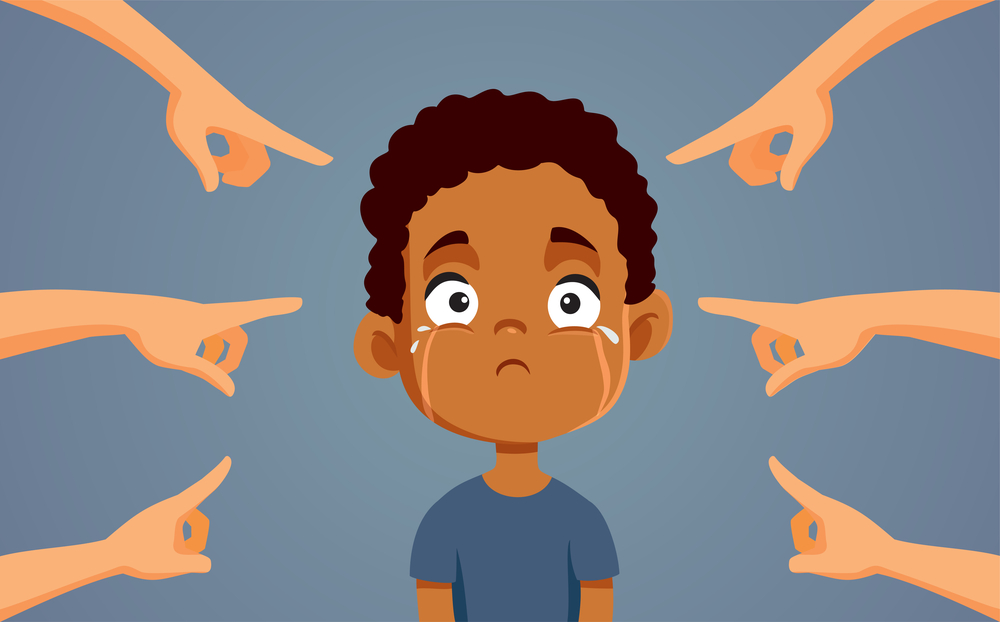A new article published in European Child & Adolescent Psychiatry finds a link between adverse childhood experiences (ACE) and reduced sleep quality and academic achievement in children and adolescents.
The research, headed by Guangbo Qu of the Anhui Medical University, also finds a link between ACEs and emotional and behavioral problems in children and adolescents. Higher levels of exposure were associated with greater risk for sleep issues, emotional and behavioral problems, and poor academic achievement.
The authors write:
“This study demonstrated that ACE exposure was positively associated with poor sleep quality, emotional and behavioral problems, and lower academic achievement of adolescents, and there were significant positive dose-response relationships, which provides additional evidence of the effect of ACEs on the health of children and adolescents.”
While the study’s design does not establish a causal relationship, the strong associations found add to a growing body of research suggesting that ACEs can have profound and lasting effects on an individual’s psychological and emotional well-being. This research underscores the importance of addressing ACEs in efforts to mitigate the youth mental health crisis.
















Just exactly when society ruined childhood, I’m not sure, but childhood has been ruined for too many.
Report comment
I think the Covid measures / gas lighting have made all American children, child abuse survivors now (wearing a mask in school for years, for example).
And since some “mental health professionals” have been systemically betraying child abuse survivors, and their families, for over a century.
https://www.indybay.org/newsitems/2019/01/23/18820633.php?fbclid=IwAR2-cgZPcEvbz7yFqMuUwneIuaqGleGiOzackY4N2sPeVXolwmEga5iKxdo
https://www.madinamerica.com/2016/04/heal-for-life/
In my case, for their paternalistic, systemic child abuse covering up, religious “partners.”
https://books.google.com/books?id=xI01AlxH1uAC&printsec=frontcover&source=gbs_ge_summary_r&cad=0#v=onepage&q&f=false
And because the DSM deluded “mental health professionals” can’t even bill to honestly help child abuse survivors, according to their own “invalid” DSM “bible.”
https://www.psychologytoday.com/us/blog/your-child-does-not-have-bipolar-disorder/201402/dsm-5-and-child-neglect-and-abuse-1
https://psychrights.org/2013/130429NIMHTransformingDiagnosis.htm
I’m quite certain there is a need for someone – other than the scientifically “invalid” “mental health professionals” – to help our society’s child abuse survivors.
As the mother of a child abuse survivor – who did heal and graduate from university Phi Beta Kappa, because I got my child quickly away from a child molester, and I eventually [on 6.6.06] closed down a “school for gifted children,” that had a pedophile on their school board. And I was also able to keep my child away from those who wanted to profiteer off of covering up child abuse (a “social worker” who wanted to drug my child, based upon her lies, because my child got 100% on his state standardized tests in 8th grade, and since the public school was “not equipped to deal with the smartest children,” as was eventually confessed to by my child’s school principal).
I’m quite certain love is the answer … not a scientific fraud based, for profit only, scientifically “invalid” “mental health industry.” And child abuse does NOT cause the “invalid” DSM disorders, which does seem to be the direction the, likely justifiably embarrassed,” DSM deluded “mental health” researchers are going.
My wonderful son recently won another award, as a “mover and shaker” in his neighborhood. Neurotoxic poisoning all intelligent child abuse survivors is NOT the answer, as systemic, child abuse covering up, “mental health professionals” all told me.
“The children are our future,” is the truth, and love … not greed … is the cure.
Report comment